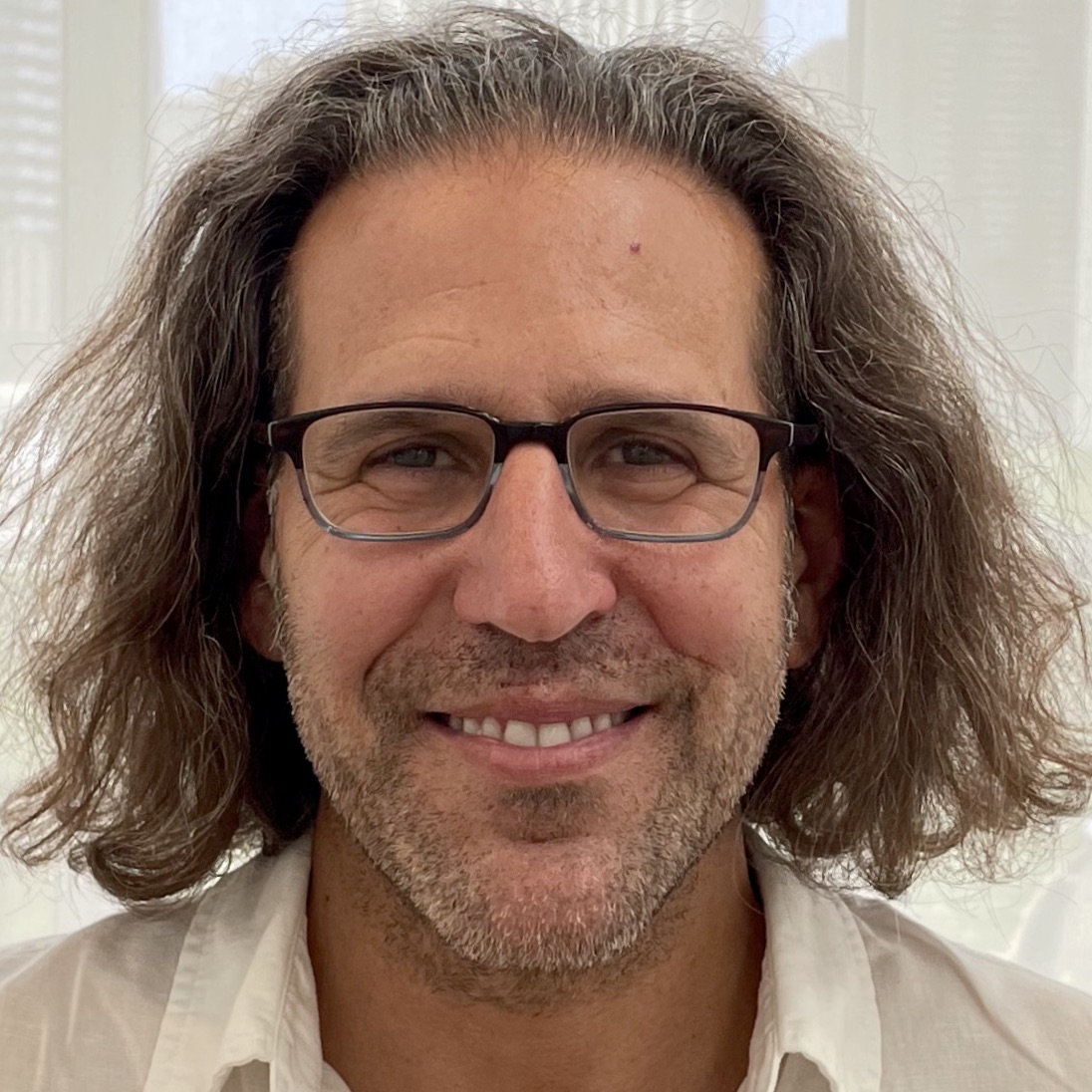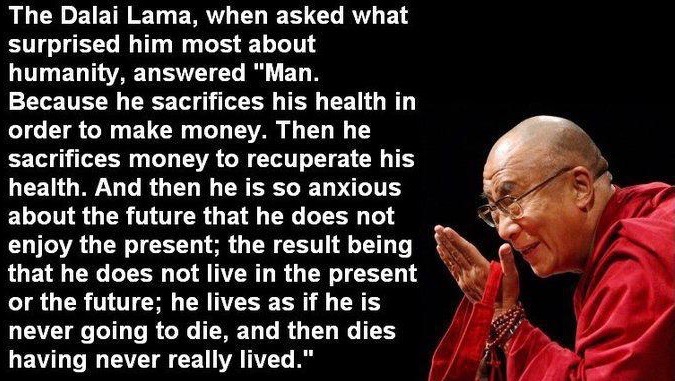As a psychotherapist working in private practice, when listening to patients I try to discern and track two major themes:
1. What is the corrective emotional experience that the client is subconsciously yearning for? Or, more precisely, what is his core wound?
2. Who am I showing up as subconsciously for the client? Or, what dynamic or pattern from his or her past are we re-creating with the secret underlying hope of a different outcome this time?
This is a rather dynamic process, a fluid dance, that changes over time as the relationship evolves, but the essential questions remain the same.
The primary therapeutic style I espouse is Rogerian, which means that I believe we all want to be loved unconditionally but live in a highly competitive, judgmental society that only enables us to gain love conditionally — by jumping through hoops, getting good grades, becoming wealthy, successful, smart, sexy, etc. — and that psychotherapy provides a safe, non-judgmental space where clients can drop their facades, be authentic, process their emotions, “re-parent” themselves, and learn to accept and even love who they are.
So as a psychotherapist, I don’t heal anyone, I don’t fix anyone, and I don’t cure anyone. I’m even highly resistant to diagnoses and will only provide them when required by insurance companies.
As I write in my book: “Mirror neurons do not fire via text message,” which is why face-to-face compassionate interactions are so vital. As one of my psychology professors put it, “My job as I see it is to lease my emotions in 50 minute intervals.” On the emotional level, this resonates with me. For every “Yes, but…” my patient receives in the “real world” that invalidates her emotional experience and/or makes her feel “not good-enough,” I provide an empathic and supportive, “That sounds awful” or “That sounds challenging” or “Awesome!” or “Congratulations!” in order to make her feel secure in whatever emotional experience she is having.
Intellectually, I appreciate the provocative view of therapy advocated by Jungian analyst James Hollis: “Were therapists required by “truth in advertising” legislation to tell their reality, then virtually no one would enter therapy. The therapist would be obliged to say at least three things in return to the suffering supplicant: First, you will have to deal with this core issue the rest of your life, and at best you will manage to win a few skirmishes in your long uncivil war with yourself. Decades from now you will be fighting on these familiar fronts, though the terrain may have shifted so much that you may have difficulty recognizing the same old, same old. Second, you will be obliged to disassemble the many forces you have gathered to defend against your wound. At this late date it is your defenses, not your wound, that cause the problem and arrest your journey. But removing those defenses will oblige you to feel all the pain of that wound again. And third, you will not be spared pain, vouchsafed wisdom or granted exemption from future suffering. In fact, genuine disclosure would require a therapist to reveal the shabby sham of managed care as a fraud, and make a much more modest claim for long-term depth therapy or analysis. Yet, however modest that claim, it is I believe, true. Therapy will not heal you, make your problems go away or make your life work out. It will, quite simply, make your life more interesting.”
More succinctly, I would say that on the cognitive level psychotherapists provide fresh perspectives and help clients “reframe” situations and phenomena so that they are more palatable and acceptable. In addition, we can provide cognitive-behavioral tools and exercises such as gratitude lists that can help clients expand their understandings of particular situations and phenomena.
Psychotherapy models an authentic, healthy, supportive, intimate relationship for the client; it validates whatever emotional experience the client is having (as long as it is not harmful to anyone including the client); it helps the client live in the present moment and release fears and prejudices built from past traumas as defenses to ward off potential future traumas; it helps the client release expectations about the future and cultivate non-attachment to anxiety-causing possible outcomes; it suggests tools to help the client cultivate equanimity and ease; and it provides communication tools that facilitate the client getting his or her emotional needs met.
Most people find that there is tremendous liberation in authenticity.


